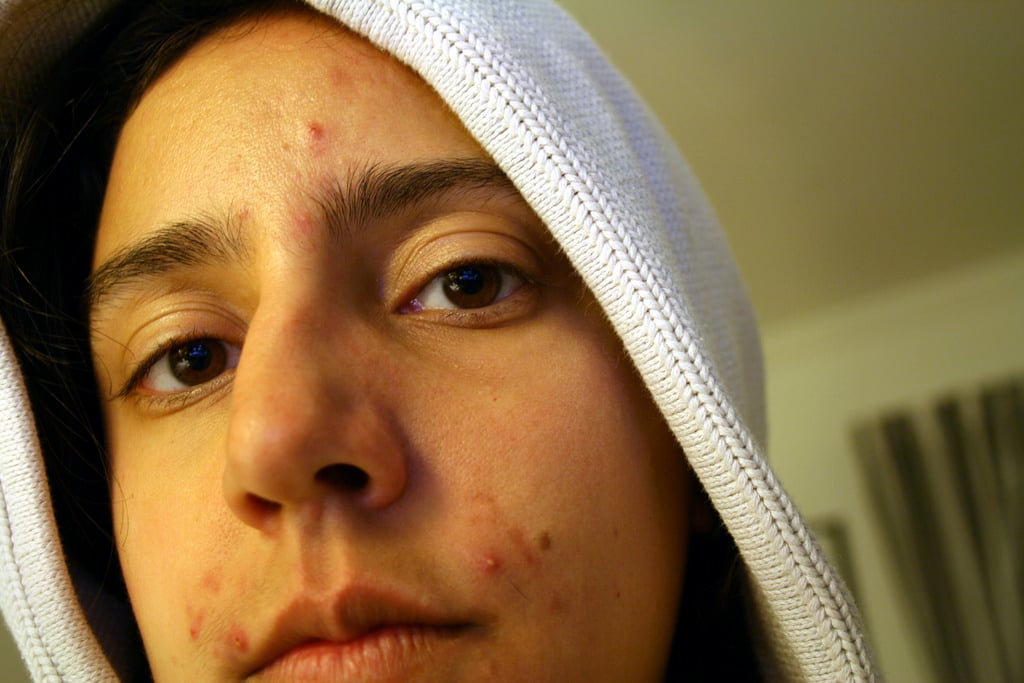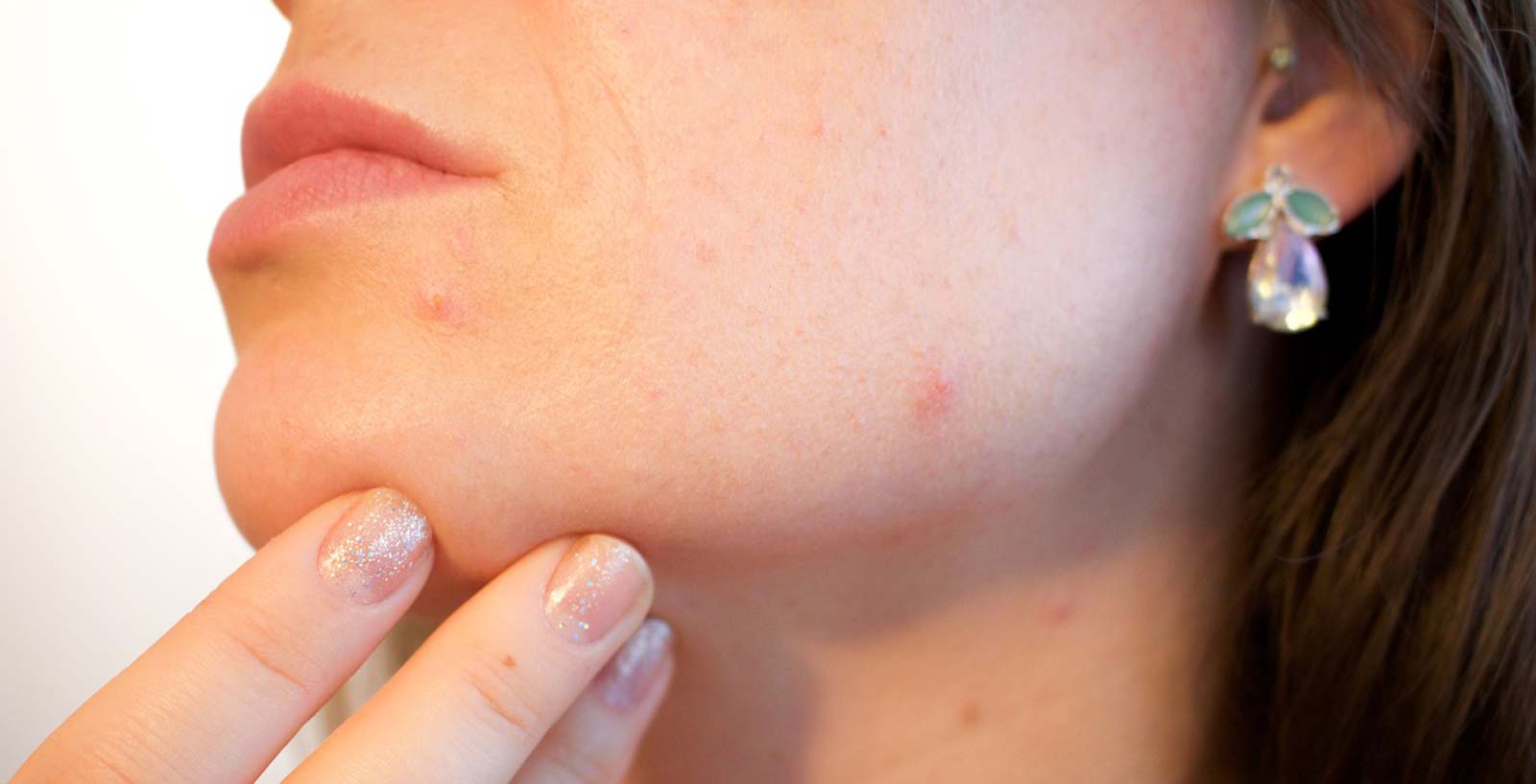In many states, including California, hormone replacement therapy is considered as treatment for diseases that affect the hormone production of the body.
A good level of hormone production contributes to a person’s good health and appearance. Meanwhile, negative changes in hormone production levels might cause several problems such as the development of acne. Teenagers are usually the ones who experience hormone related acne cases because of puberty, but it also happens to women going through menopause. Lately, this skin condition is becoming more common in men and women up to their fifties.
Hormones and Acne
Hormones can influence our bodies to overreact and cause acne. Hormone-related causes of acne include excess production of sebum by the oil glands, the increase of acne-causing bacteria, inflammation of the skin, and the clogging of pores as well as hair follicles.
Hormonal acne also happens when a woman gets acne around the time of her period. Dirt and dead skin cells, together with the excess oil produced by the skin caused by hormones, can lead to breakouts. The hormone behind all of this is androgen. Androgen is the male hormone that is found in both men and women, and this is what makes the oil glands overreact. It also contributes to the development of excess hair and irregular periods. Androgen levels stay the same throughout a woman’s menstrual cycle, while estrogen and progesterone levels go down – this is what’s influencing the oil glands to produce more sebum.
Once the progesterone levels go back up, the skin becomes inflamed and the pores close. This traps the sebum inside and causes a buildup. Testosterone levels also go up during a woman’s period, also contributing to the excess sebum production and, later on, the development of acne.

Treatment
In order to treat hormonal acne, one simply has to stick to a routine and take care of their skin better so that the breakouts won’t get worse.
You can also try lowering your testosterone levels in order to treat this skin condition. However this has some unfortunate side effects such as tender breasts and irregular periods, together with fatigue and headaches.
Meanwhile, one good way to avoid acne is by maintaining a good hygiene. Aside from keeping your skin clean, you should also avoid touching your face and you should wash hands regularly. Cleaning one’s mobile phone is also recommended since there can be bacteria on it which might be transferred to your skin once the device comes in contact with your cheek, chin, or jawline. In addition, quitting smoking is a big help, too.
However, if the acne is too severe, it would be best to see a dermatologist as they can prescribe medication to help treat your condition. Some treatments include Accutane, which is used to treat cystic acne, and antibiotics to treat deep pimples. These treatments should not be done alone and you must always consult a doctor before undergoing them. Dermatologists can also perform other treatments such as chemical peels or laser therapies, as well as injections with medication and surgery.
Changes in hormone levels might bring negative effects to your skin. Fortunately, there are various treatment options available to people experiencing hormone-related skin problems such as acne. If you are one of these people, consult your doctor in order to effectively treat your skin condition.


